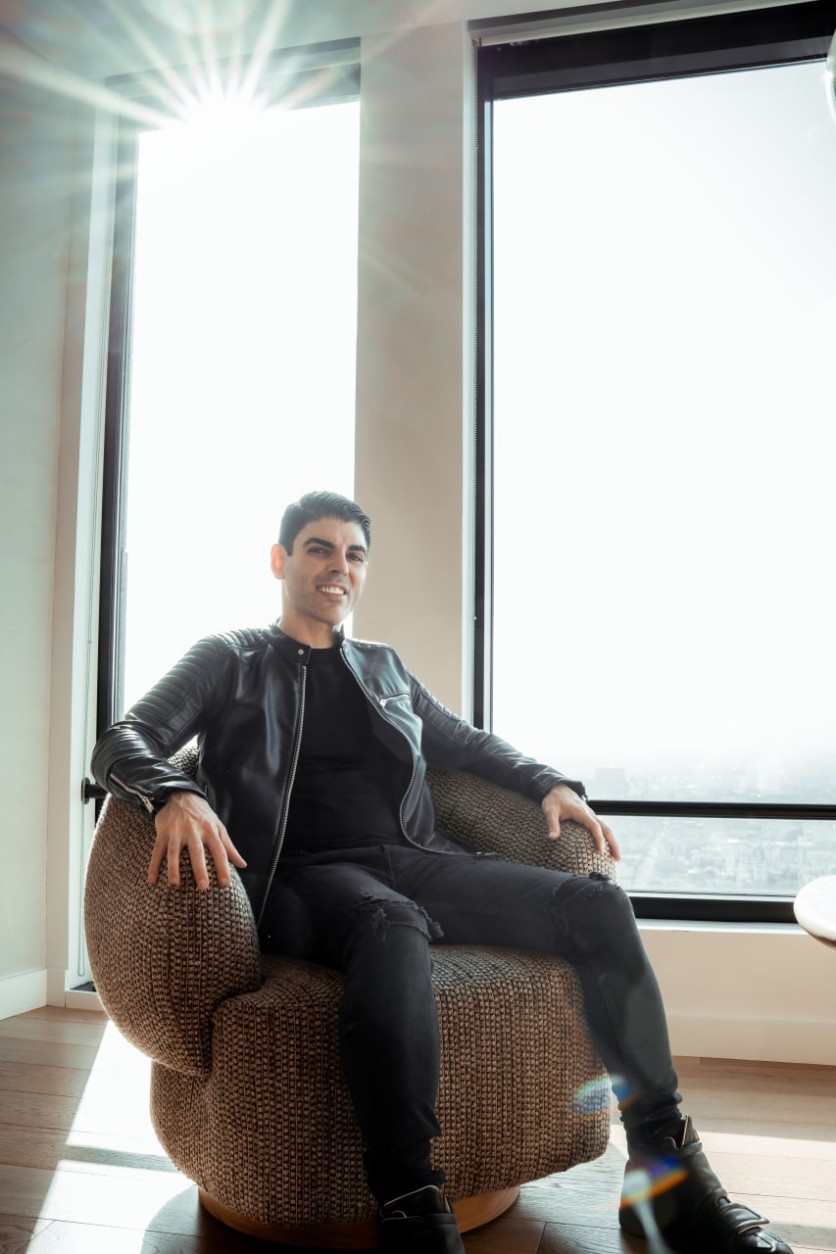
From the ruins of a global financial crash and a world pandemic lockdown, a new breed of financial guru emerged. One such player was David Capablanca, an architect turned trader who started building his fortune short-selling overvalued stocks during the turbulence of 2020.
The Covid-19 pandemic sent shockwaves through global financial markets. The pandemic erased billions of dollars from global stock markets with a swift and devastating impact. Yet, even in this chaos, Capablanca found opportunity.
A short seller by trade, Capablanca thrives when stock prices fall. This technique, often viewed as risky, became his go-to strategy and paid off handsomely during the 2020 market downturn.
"I make money when the stock goes down," he stated simply. "And I was studying that."
His vision was to prepare for the inevitable market crash. He held onto this vision, despite not having significant capital at his disposal. "I had a vision for that," Capablanca said, sharing his forward-thinking perspective.
When Covid-19 hit, and small biotech and pharmaceutical companies sought to ride the 'Covid wave,' Capablanca was ready to capitalize on their ambition. He noted the trend of these companies claiming breakthroughs in areas like Covid-19 cleaning supplies or protective equipment, only for their stock to surge and then crash when people realized these were not groundbreaking innovations.
"Ridiculous things will make the stocks go insane. 'We have Clorox,' and the stock surges in one day, 1,000% up. And then it crashes because people know it's just not enough," Capablanca explained. "Anybody can have Clorox. So I would short-sell it."
This trend continued as more companies jumped on the bandwagon, making grandiose claims to boost their stock prices. Capablanca stayed focused, short-selling these stocks and benefiting from their inevitable decline.
"The moves were so large that the returns were good for my growth," says Capablanca.
The pandemic saw governments worldwide providing stimulus checks to keep their economies afloat. According to Capablanca, this money flowed into new and inexperienced investors who began trading through apps like Robinhood.
"So everybody was loaded with money thanks to stimulus checks," Capablanca remarked. "Everybody started opening up this thing called Robinhood accounts."
This flood of new, inexperienced traders created the perfect storm for Capablanca.
"The Robinhood people, they do their trading from an app, and the app only opens at 9 am," said Capablanca, explaining the discrepancy between casual traders and professionals. "But I had all the right stuff at 4 am Eastern, the news, the information I could decipher. They weren't educated, just doing word of mouth, you know? And while some people made money like that, they didn't know what they were doing. And when people get money by luck, they lose it all."
Capablanca, on the other hand, was prepared. He had been training and studying for this moment. He had the right software, guidance, and understanding to see through the noise and spot real opportunities. His foresight and preparation allowed him to continue to profit, while many Robinhood traders eventually lost their gains to a lack of understanding and knowledge.
He continued to grow his capital, investing in more education and even moving to Puerto Rico. In 2021, he was perfectly positioned to take advantage of the next big wave, the GameStop and AMC short squeezes.
David Capablanca, the architect-turned-trader, shows that the journey to financial success isn't always linear. Through tenacity, vision, and strategic thinking, he managed to capitalize on a global crisis and become a significant player in the financial world. His story serves as an inspiration for all aspiring traders looking to make their mark.
ⓒ 2026 TECHTIMES.com All rights reserved. Do not reproduce without permission.




